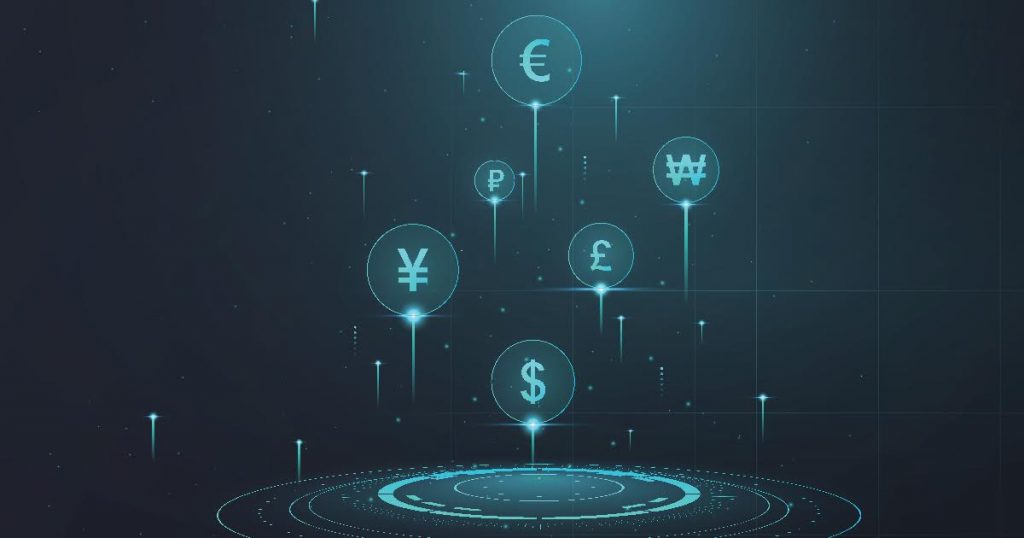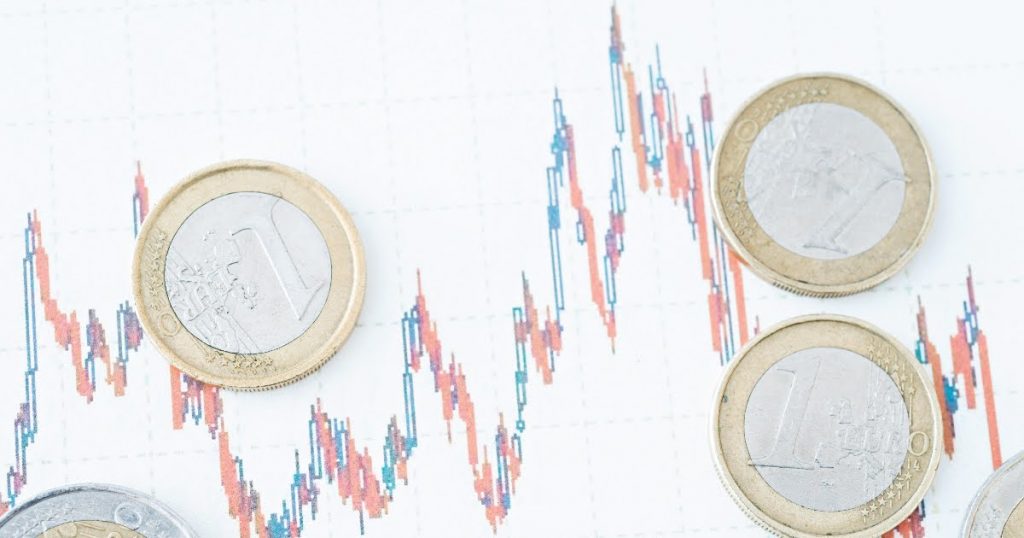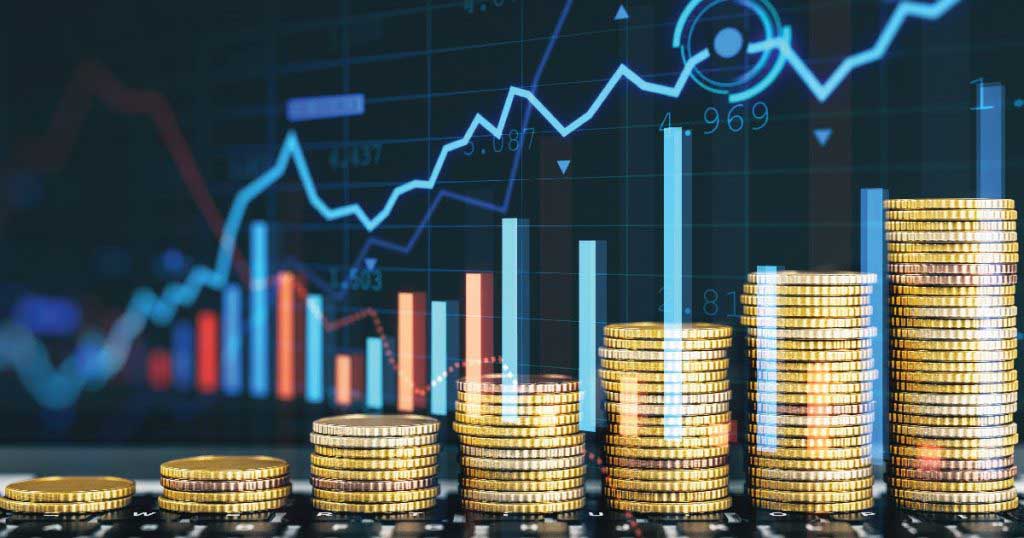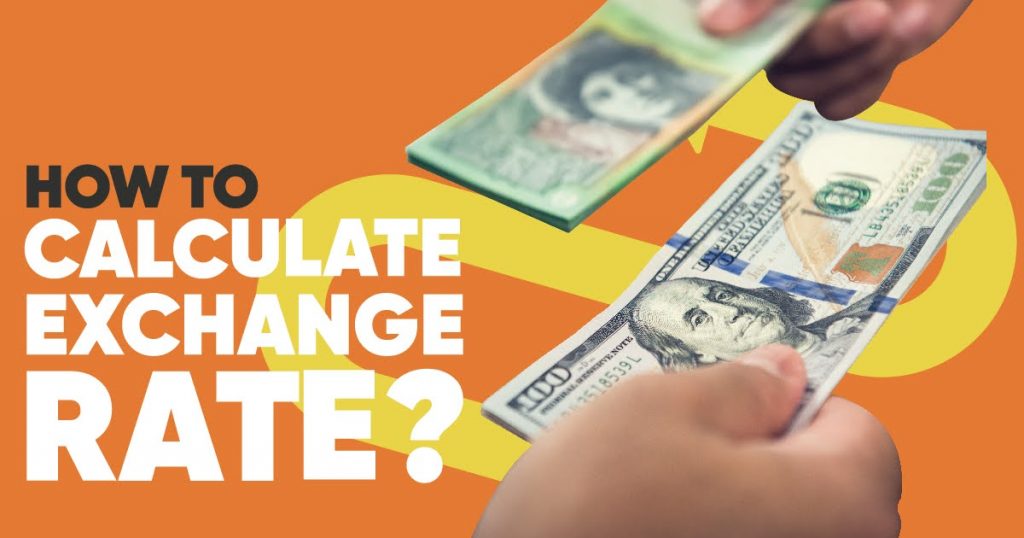
Currency Exchange Rates for Expats in the U.K
Living abroad comes with its share of financial challenges, and for expats living in the UK, one of the most important aspects is understanding exchange rates. With over 9 million foreign-born residents, the UK remains a top destination for work and study, making currency exchanges a regular necessity.
According to the World Bank, global remittances reached $626 billion in 2022, with a significant portion involving currency conversions. This highlights how important it is to grasp the impact of exchange rates on everyday transactions, from sending money home to managing personal savings.
What are Exchange Rates?
Exchange rates are the rates at which one currency can be exchanged for another in the global foreign market. They determine the value of one currency in terms of another. For example, how many British pounds (GBP) are equivalent to one US dollar (USD).
Exchange rates can be fixed, set by a country’s central bank, or floating, influenced by market forces like supply, demand, inflation, and economic conditions. These rates are important for international trade, travel, and remittances, as they directly impact the cost of converting money between currencies.
So if you’re converting British Pounds to U.S. Dollars and the exchange rate is 1.24, you will get $1.24. Rates change minute by minute. So if you’re looking for the best currency exchange rate in the UK, you’ll have to keep an eye on the fluctuating numbers.
How does Currency Exchange Work?
If currency exchange rates are the score, then who are the referees? Good question. Several factors influence these rates, economic conditions, political stability and market sentiment.
Fixed or Pegged Rates
A boat anchored to the shore; it doesn’t drift too far. Some countries have a fixed or pegged rate set by their government or central bank.
Floating Rates
This is like a boat at the mercy of the ocean’s currents. Market forces of supply and demand determine it and for those who are wondering, most currencies are floating. 90% of all forex trading is in the U.S. dollar
How Does the Currency Market Work?

You’ve heard of the term “currency market” or “Forex market”. For example imagine a 24/5 auction house, but everyone’s bidding on currencies instead of antique vases. It’s the world’s largest financial market with a daily trading volume of around $6.6 trillion.
Spot Market deals with today’s exchange rates.
Forward Market: Here you can fix exchange rates for transactions that will happen in the future.
Futures Market: Same as the forward market but with legally binding contracts.
What affects the market?
Three main influencers.
Interest Rates: The higher the better for the currency’s value generally.
Political Stability: No one wants to invest in a ticking time bomb; stable countries have stronger currencies.
Economic Indicators: These are the vital signs for a country’s financial health, GDP and inflation rates.

Exchange rates are far from constant, like the stock market. They go up and down for many reasons. Whether it’s economic data like GDP, inflation and interest rates or political stability, the ups and downs are inevitable. Within this landscape two main mechanisms steer the ship: free-floating and Fixed currencies.
Free Floating Currency
In the free floating currency world it’s all about letting the chips fall where they may. Here the market is king; supply and demand determines the exchange rates. When demand for a currency surges because of good economic news or political stability its value goes up. On the flip side, oversupply or negative sentiment can send a currency’s value down like a house of cards.
Fixed Currency
In a fixed currency system the government or a central authority takes control. They peg their currency to a stronger one like the U.S. Dollar or Euro. Sometimes even to a basket of currencies which acts as a stable anchor.
It’s a more stable system but not without its risks. If the pegged currency faces economic problems the central authority has to step in either by adjusting interest rates or by direct intervention to keep things steady
How to Leverage Currency Exchange Rate in Your Business?

If you understand currency exchange well it can give your business an edge especially if you are into international trade or have operations overseas. Here are some strategies businesses use:
Currency Conversion
Currency conversion is the bread and butter of international trade. For businessmen and expats securing the best exchange rate can be the difference between profit and loss. Always keep an eye on the market to know when to make your move.
Currency Arbitrage
For the more daring, currency arbitrage is like killing two birds with one stone. It’s buying and selling the same currency pair in different markets to take advantage of the difference in rates. But be careful; the market is fast and opportunities can disappear in a split second.
Currency Hedging
When things get tough hedging is your safety net. This strategy involves using financial instruments like futures or options to offset potential losses from adverse currency movements.
This may not guarantee big profits but it’s a conservative strategy that gives you peace of mind by minimizing risks.
Important Aspects Of Currency Exchange
In currency exchange there’s more than what meets the eye. Just like a good book it has its cover, plot twists and characters that makes the story come alive. In the world of currency exchange key aspects like Buy Rate, Commission and Spread are the building blocks. They determine how the story unfolds.
How to Read Currency Exchange Rates?
Reading currency exchange rates may seem like reading a foreign language at first. But once you get the hang of it you’ll be able to read it fast and know what those numbers and terms mean.
Buy Rate
This is the rate at which you can buy a currency. This is the number you’ll want to look at if you’re planning a trip abroad. When making international payments know the market rate; this is what the seller wants you to pay.
Commission
The middleman’s cut. Whenever you’re buying or selling currency there’s always a fee involved, called the commission. This could be a fixed fee or a percentage of the total transaction. Always look out for low commission options to get more value for your money.
Cross Rate
When you’re dealing with currency pairs that don’t involve your home currency, you’re looking at a cross rate. Let’s say you’re in the U.K. and want to learn how many Japanese Yen one Euro can buy. That’s where the cross rate comes into play.
Currency Pair
This is the two-currency combination you’re dealing with in any transaction. For example, GBP/USD means you’re looking at the exchange rate between the British Pound and the U.S. Dollar. In any pair the first currency is the ‘base’ and the second is the ‘quote’ currency.
How Do Exchange Rates Affect the Money Transfers
Exchange rates play an important role in determining how much money actually reaches the recipient when transferring funds internationally. When you send money to another country, the exchange rate decides how much the receiving currency will be worth compared to the amount you send in your currency.
For instance, if the exchange rate between GBP and USD changes, the recipient could receive less or more money, depending on the rate. Additionally, fluctuating exchange rates, fees, and hidden charges from money exchange services can reduce the value of your transfer.
For expats in the UK, finding the best currency exchange rate is important to ensure maximum value for your money transfers. You can avoid this hassle of reading currency exchange fees and complex rates with TangoPay. With TangoPay, you can transfer more easily, without any fees, at competitive rates.
How to Calculate Exchange Rate?

Time for a bit of Math 101 if you want the best currency exchange rates. Don’t worry it’s easier than you think. Calculating the exchange rate between two currencies is a simple process.
Know the Rate: First things first, learn the current exchange rate for the currencies you’re dealing with. Like 1 GBP = 1.35 USD.
Do the Math: Multiply the amount of money you’re converting by the exchange rate. So, if you have £100 and the GBP to USD rate is 1.35, you will do:
£100 x 1.35 = $135
Transaction Fees: Many financial platforms add a small margin or fee on top. Just factor this into your total.
And there you have it! You’ve got your converted currency.
Conclusion
Understanding currency exchange rates is not solving a Rubik’s Cube — confusing and frustrating. A mix of factors, such as political stability, economic indicators, and market demand, actively shape these rates.
If you’re an expat in the U.K., this info is golden for you, as you’re likely navigating cross-border transactions regularly. For favorable rates, timing is everything.
FAQ’s
What is the Currency Exchange Rate?
The currency exchange rate is the value that determines how much one currency is worth compared to another. It works like a price tag for converting money. For example, if you’re exchanging US dollars (USD) for British Pounds (GBP), the exchange rate will tell you how many pounds you’ll get for one dollar.
Where can I get the best currency Exchange Rates?
To get the best exchange rates, you should look for a service that offers competitive rates without any hefty fees. TangoPay provides unbeatable currency exchange rates and allows you to transfer money internationally through a user-friendly mobile app.
Can you predict the exchange rates?
Exchange rates are influenced by many factors, so predicting them with complete accuracy is not possible. However, trends can often be guessed based on economic news, such as inflation rates, interest rate changes, or political events that affect currency values. This is why rates can change frequently, sometimes even within a single day.
Why do currency exchange rates fluctuate?
Exchange rates change due to supply and demand in the foreign exchange market. For example, if a currency is in high demand, its value increases. Other factors like economic stability, inflation, central bank policies, and political events also play a role. These fluctuations are why the amount of money you get during a transfer can vary over time.
